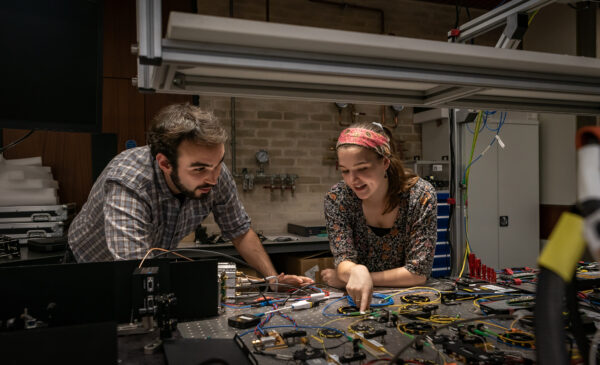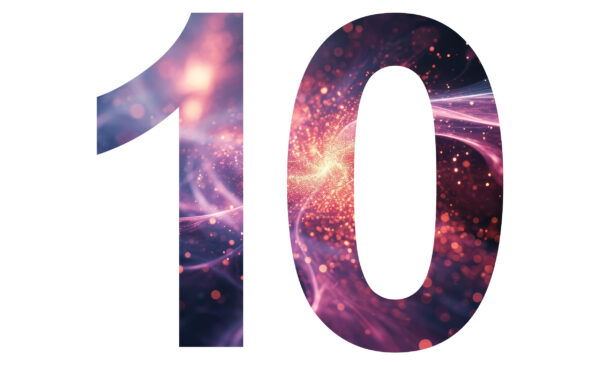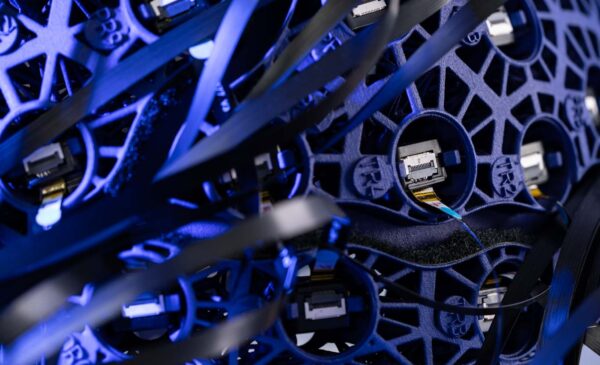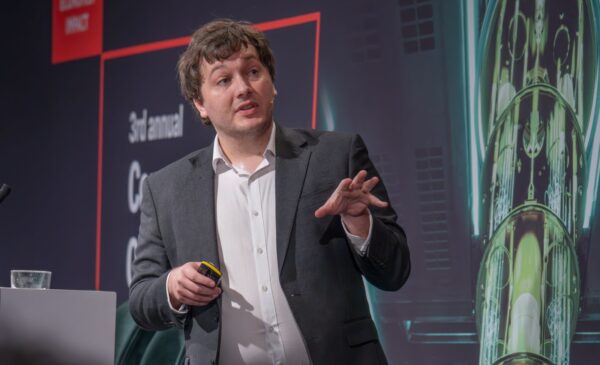The UK Quantum Technology Hub Sensors and Timing, led by the University of Birmingham, is offering a PhD studentship with BAE Systems as part of their recently awarded Industrial Cooperative Award in Science & Technology (CASE).
Funded by the Engineering and Physical Sciences Research Council, the Industrial CASE award aims to provide PhD students with a first-rate, challenging research training experience, within the context of a mutually beneficial research collaboration.
In line with the Quantum Technology Hub’s mission, the Industrial CASE award aims to provide students with training, facilities and expertise in both an academic and industry environment. Students have an opportunity to develop a range of valuable skills and significantly enhance their future employability. Many will become research leaders of the future.
Applications are sought from highly motivated individuals looking to join a world class team of physicists and engineers pioneering these new technologies and concepts. The post holder will work as part of the University of Birmingham radar application team, evaluating the role of quantum oscillators in determining the performance limits of radar sensor systems.
The second phase of the Quantum Technology Hub, which commenced in December 2019, aims to put stronger emphasis on applications, concentrating on emerging technologies and sufficient maturity and capability to create new sensing modalities or significant augment current sensors.
A key example of this is the applications of ultra-low phase quantum oscillators to radar sensing. Ultra-low phase quantum oscillators have immense potential for improving the performance of current radar systems where existing technology represents a fundamental limit on achievable performance. They also have the potential to enable a new class of distributed or networked radar sensing to become a commercial reality.
The post holder will develop, operate and maintain a two-node radar network, which has an oscillator signal distributed to both nodes over RF fibre, thus creating a small, two-node, coherent network. Other responsibilities include:
- Carrying out investigations in to radar performance as a function of quantum oscillator performance
- Development, operation and maintenance of the radar system
- Development of a comprehensive RF and signal processing simulation of the radar system
- Publication of journal and conference papers
- Attending and presenting at conferences
- Attending internal and collaborator meetings and other duties, such as proposal writing, as required.
To apply for this studentship, please contact Professor Chris Baker, Chair of Intelligent Sensor Systems at [email protected], or Dr Yeshpal Singh, Academic Lead for Quantum Clocks, at [email protected].




